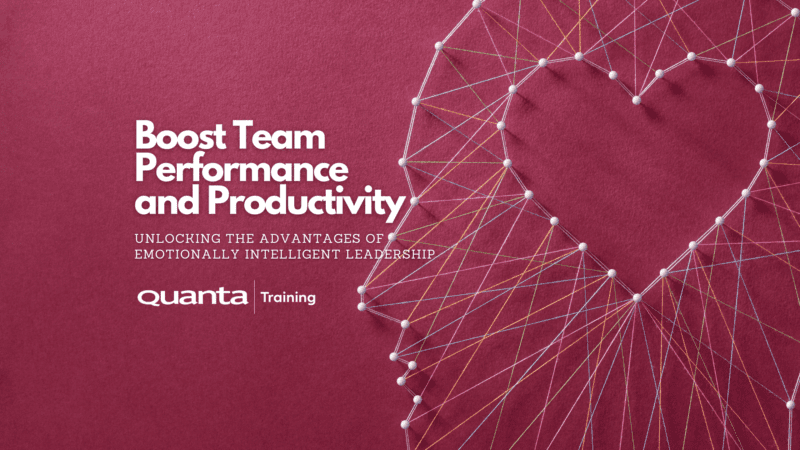Having Difficult Conversations
Course Code: HDC1PD
Course Date: 29/01/2025
Course Cost: £475


Your are booking:
Having Difficult Conversations
29/01/2025 - 29/01/2025
Prevent future problems by having difficult conversations now
Having difficult conversations is a core component of a Managers role, be it with line managers, giving feedback reports, negotiating with customers and even disciplinary matters. This course, with the help of 'Forum Theatre' and professional actors ensures that your managers are aware of and have practiced difficult conversations. Whilst public courses use pre-agreed scenarios and filmed actors, Private courses have the option of using live actors and your own scenarios agreed up front
Please complete your booking below
"*" indicates required fields
Get Started
Forget trawling through endless course catalogues – Find the training that’s right for you
Learn MoreLatest from our blog
Kanban and Agile: Bridging the Gap
Kanban and Agile: Bridging the Gap Quanta’s Kanban University Certified Trainer Steve Church explores the way in which Agile and…
Read More
How a Ballerina could move into Cybersecurity
Jason Ford, Quanta Cybersecurity and IT Trainer talks about the limitations in Cybersecurity Training courses. Jason discusses a safe and…
Read More
Boost Team Performance and Productivity: Unlocking the Advantages of Emotionally Intelligent Leadership
Quanta People Development and Leadership Trainer, Giles Collins outlines the key elements of Emotionally Intelligent Leadership and how it impacts…
Read More



